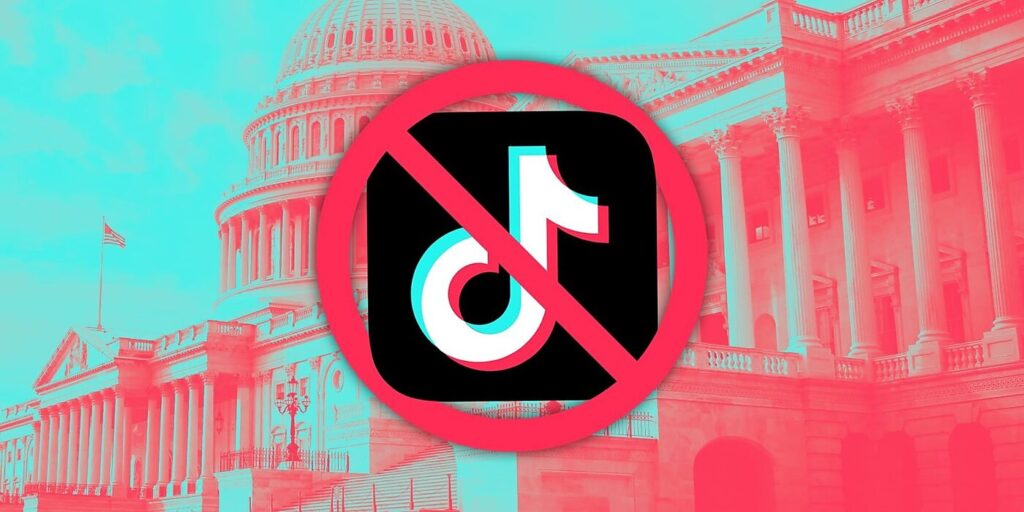TikTok, the widely used social media platform for viewing and sharing short videos, has been in and out of the politics, media, and journalism spotlight for a while. As of Sunday, with the app in a tentatively available state with President-elect Trump’s promise, the future of the company in the US is unbalanced.
TikTok is a child company of Chinese-owned ByteDance, and started off as a simple video sharing platform. After merging with American startup Musical.ly, an app that shares lipsyncing videos, in 2018, TikTok exploded in its content and popularity. From makeup tutorials to cleaning videos to original music to TikTok challenges, the app expanded from its initial audience of teens and young adults to a much wider demographic.
TikTok started entering the limelight of the government after major news networks including the Washington Post and the Guardian reported on the app’s skewed content moderation. They claimed the Chinese-origin company actively aimed to reduce content that was considered sensitive to China. According to the Guardian, the company “instructs its moderators to censor videos that mention Tiananmen Square, Tibetan independence, or the banned religious group Falun Gong.” As TikTok becomes the second highest downloaded app in 2019, the US government also began investigations into its acquisition of Musical.ly as well as if it violated child privacy laws. The app was mandatorily banned on all military devices.

Near the end of President Trump’s presidency, he passed an executive citing “credible evidence that leads [him] to believe that ByteDance … might take action that threatens to impair the national security of the United States” and that TikTok must delete any data collected from US users. However, as President Biden was sworn into office, he put an end to Trump’s plan to ban TikTok. Meanwhile, during the Biden presidency, TikTok faced more contention as reports complained the app’s algorithm consistently shared harmful material to teenagers and their employees accessed data about users that violated their privacy rights.
The US government takes another large step in facing TikTok by cleansing it from all government-issued phones. According to AP News, FBI Director Chris Wray “said the FBI was concerned that the Chinese had the ability to control the app’s recommendation algorithm, ‘which allows them to manipulate content, and if they want to, to use it for influence operations.’ He also asserted that China could use the app to collect data on its users that could be used for traditional espionage operations.”
As growing concern over TikTok’s influence and potential for exploiting privacy details has spread, March saw a bill introduced to ban TikTok from the US. After being signed by Congress and President Biden, TikTok sued the government claiming the law violated the First Amendment. This was the first and only time a major social media platform had been banned in the United States. On Friday, the Supreme Court decided unanimously to keep the legislation that required TikTok to be banned or sold from ByteDance citing that national security concerns outweighed any limit on free speech from banning the app.
On Saturday, the app no longer allowed US residents to watch videos on its platform, citing “A law banning TikTok has been enacted in the U.S. Unfortunately that means you can’t use TikTok for now.” However, around noon on Sunday, the company began to restore its services after President-elect Trump promised to bring back the popular platform. TikTok presented a message stating “As a result of president Trump’s efforts, TikTok is back in the U.S… We are fortunate that President Trump has indicated that he will work with us on a solution to reinstate TikTok once he takes office.”
With President Trump taking office on Monday, he will play a major role in setting the precedent and determining the role of the app in the US. Whether the company will be forced to sell to one of its many interested buyers or merge with an existing American company or continue its activity with additional regulations, businesses, content creators, and the general public are impatiently looking to determine the future of the social media giant.

